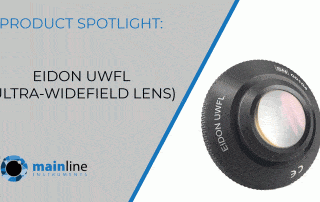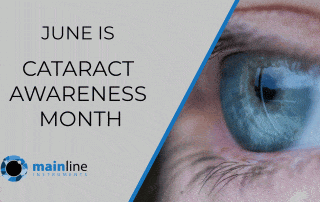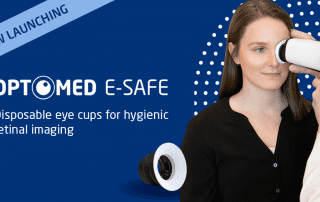How to treat Dry Eye Disease?
Dry eye develops when a reduction in the quantity or quality of tears occurs, causing the tear film to become unstable and break up earlier than normal, leading to dry spots on the cornea. Dry eye can be treated with a variety of medications and procedures.
Prescription medications used to treat dry eyes include[1]:
– Drugs to reduce eyelid inflammation. […]











